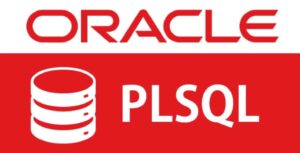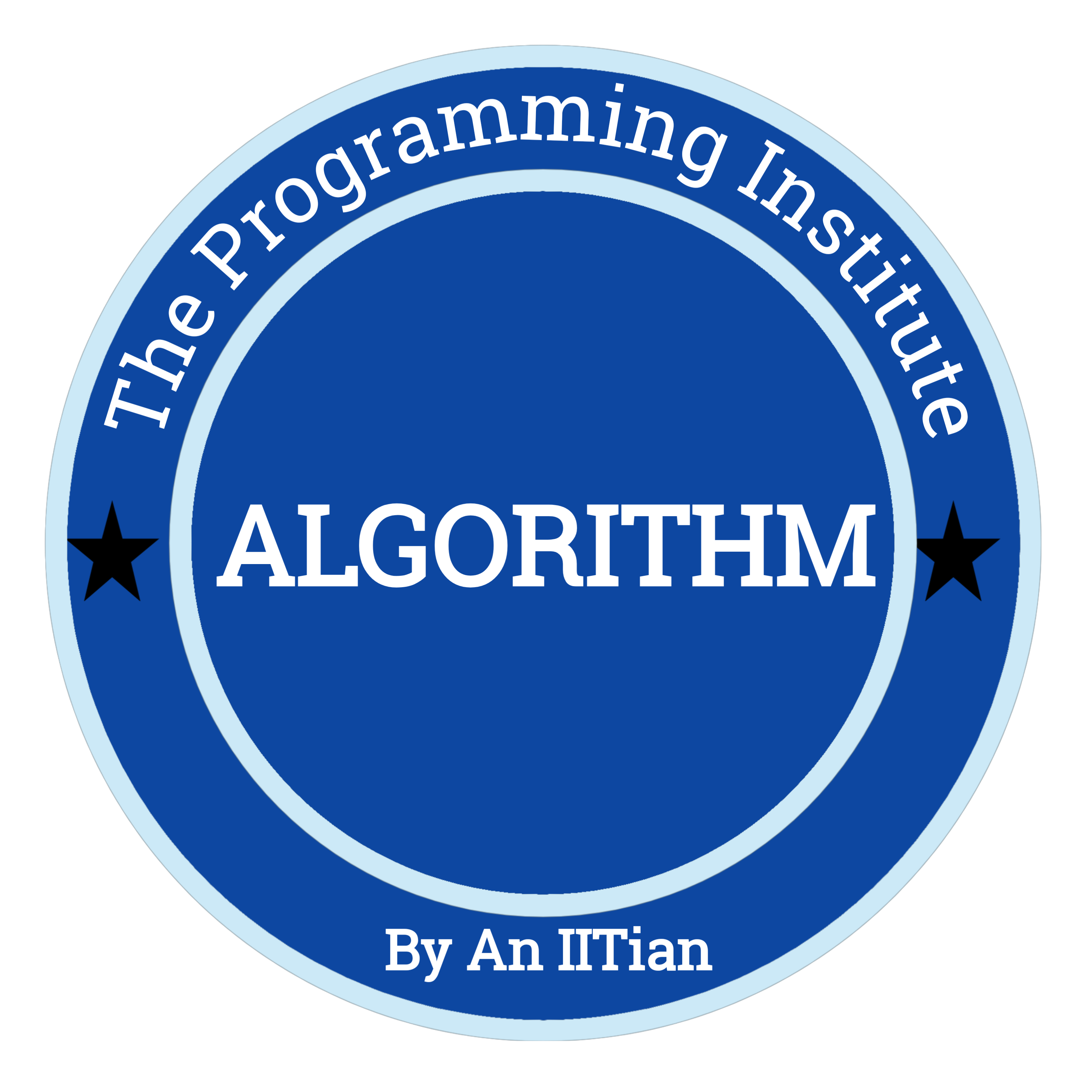ORACLE SQL
ORACLE SQL Training in Kukatpally Hyderabad
 5
5
Oracle Training Course Objectives
- Create Database tables.
- Manage Database objects.
- Access and manipulate data in the Database using SQL statements.
- Control user access to data.
- Data Managing
- Working with Databases
Oracle Training Course Duration
- 45hrs
Trainer Details:
Oracle SQL PLSQL Training Content
Download course content here ORACLE-19c-SQL-PLSQL-MY-SQL-Algorithm.pdf (681 downloads )
SQL
| SNO | TOPIC | Sub topic | Lab |
| 1 | sql database | ||
| 1 | Data Types | ||
| 2 | Operators | ||
| 3 | Table | create table
drop table delete table rename table copy table alter table
|
|
| 4 | Insert | insert single rows
insert multiple rows |
|
| 5 | Select | select all colums
select few columns select with where clause select with having clause select unique select distinct select count select rownum select first select last select random select date select columns from multiple tables select in select sum select null / not null |
|
| 6 | Clause | where clause
AND clause OR clause
|
|
| 7 | Order by | Ascending order
descending order random limit
|
|
| 8 | DML | insert single rows
insert multiple rows update delete |
|
| 9 | JOIN | ||
| 10 | KEYS | ||
| 11 | TCL commands | ||
| 12 | Subquery | ||
| 13 | Constraints | ||
| 14 | DDL commands | ||
| 15 | DML commands | ||
| 16 | Cursor | ||
| 17 | Strings | ||
| 18 | Views | ||
| 19 | Injection | ||
| 19 | CRUD on Columns |
1. History of Database.
2. Difference between file system & DB.
3. DDL, DML, DCL & TCL commands.
4. Table/object Naming rules.
5. Data Types.
6. Constraints.
7. Operators.
8. Clauses.
9. Functions.
10. Joins.
11. sub queries.
12. Views.
13. Sequences.
14. Indexes.
15. Synonyms.
16. Partitions.
17. Locks.
